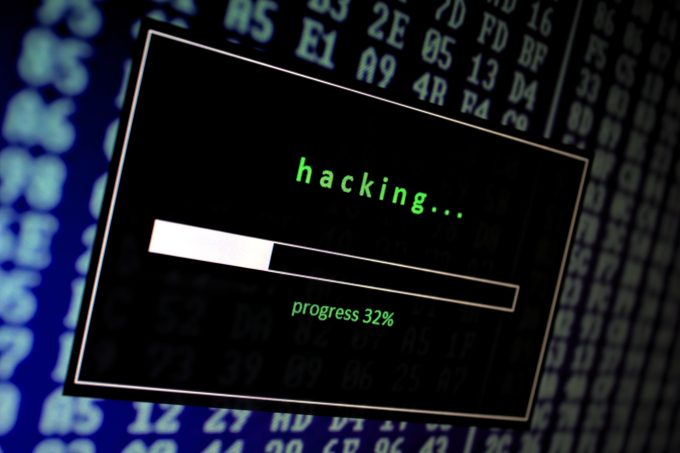Strategies to prevent your containers 'going missing'
TT Club typically focuses on cargo theft when it considers supply chain security, but there ...

Cyber crime is likely to delay the introduction of autonomous ships for several years – and it could pose a significant threat to the shipping industry if it fails to act soon.
There has been much progress on autonomous ships this year, notably from Rolls-Royce, and in October Norway opened the world’s first designated test area. But there is still a long way to go, believes SeaIntelligence CEO Lars Jensen.
“Autonomous ships are a long way in the future,” he told delegates at TOC ...
Asia-USEC shippers to lose 42% capacity in a surge of blanked sailings
USTR fees will lead to 'complete destabilisation' of container shipping alliances
New USTR port fees threaten shipping and global supply chains, says Cosco
Outlook for container shipping 'more uncertain now than at the onset of Covid'
Transpac container service closures mount
DHL Express suspends non-de minimis B2C parcels to US consumers
Zim ordered to pay Samsung $3.7m for 'wrongful' D&D charges
Flexport lawsuit an 'undifferentiated mass of gibberish', claims Freightmate

Comment on this article